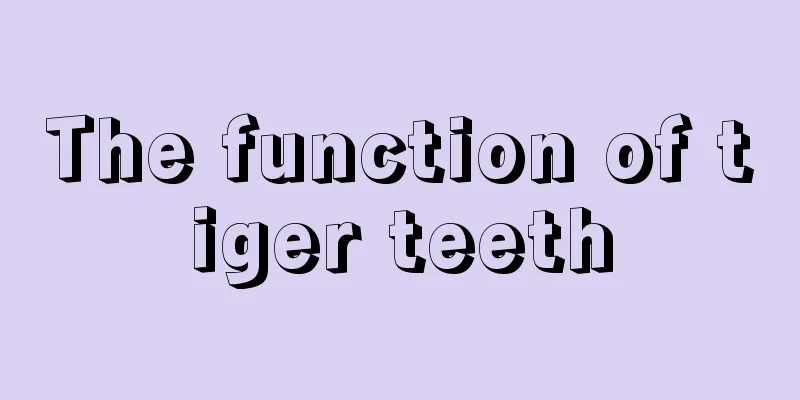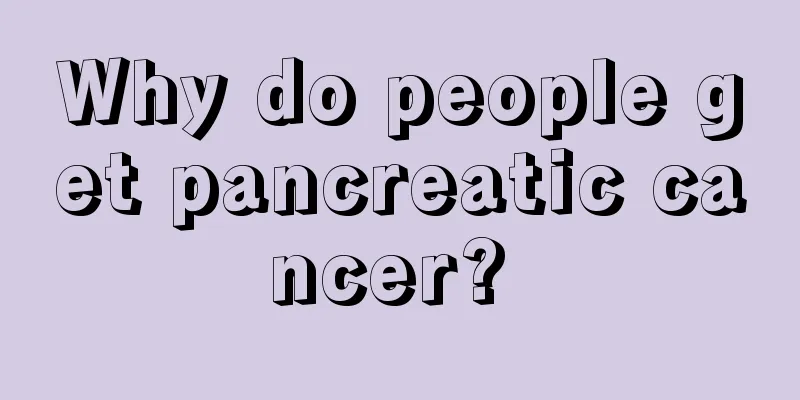The function of tiger teeth

|
Canine teeth are actually a type of dental deformity. Generally speaking, our teeth are arranged in two neat rows, but the canine is a tooth that grows on the upper teeth, closer to the gums. Generally speaking, although canine teeth are a type of dental deformity, they do not have much impact. Many people are even called cute because of their canine teeth. But tiger teeth have no extra functions. Dental deformity refers to the deformity of teeth, jaw, and craniofacial structure caused by congenital genetic factors or acquired environmental factors during the growth and development of children. Such as uneven tooth arrangement, protruding upper teeth, protruding chin, crooked mouth, etc. With the continuous deepening of clinical research, the concept of modern dental deformity is far more than just referring to the misalignment and uneven arrangement of teeth, but refers to a variety of deformities caused by the imbalance between teeth and craniofacial region. harm Affects facial beauty Dental deformities have the most direct impact on facial beauty. Malformations such as overbite, open lips and exposed teeth, and mandibular deviation will greatly reduce a person's overall image. Affects overall health The reduced chewing function caused by malocclusion will increase the burden on the gastrointestinal tract, and over time will cause indigestion or gastrointestinal diseases; oral diseases such as caries, gingivitis, periodontitis, etc. caused by malocclusion will induce systemic diseases such as myocarditis and nephritis when the body's immunity is low. Affects oral and facial development If dental and jaw deformities are not corrected in time during children's growth and development, it will affect the development of soft and hard tissues in the oral cavity and face, causing obvious facial deformities. Such as overbite, parted lips and showing teeth. Affects oral health Malocclusion of teeth and other dental deformities, poor self-cleaning of teeth, and ineffective brushing make it difficult to remove food debris and plaque. Over time, it is easy to suffer from oral diseases such as caries (cavities), tartar (tartar), gingivitis (bleeding gums), etc. Severe cases can develop into periodontal disease, causing loose and falling teeth. Affects oral function Some dental deformities may affect oral function. For example, if the front teeth are open-bite, pronunciation is unclear; if the patient has an overbite or a lockbite, the contact area when biting is smaller than that of normal people, and the chewing efficiency is greatly reduced; a deep overbite will affect the movement of the mandible, causing abnormal movement of the temporomandibular joint, the moving joint of the mandible, causing pain and easily fatigued facial muscles. |
>>: Is it okay to take birth control pills on an empty stomach in the morning?
Recommend
What can I use to wash the ink off clothes?
Nowadays, children always use fountain pens when ...
Do I need to fast for a chest X-ray?
Judging from the results of clinical examinations...
What is the best treatment for endometrial cancer? There are four treatments
Endometrial cancer is extremely harmful to female...
Cervical cancer chemotherapy and radiotherapy chart
At present, the main treatments for cervical canc...
What is the direction of eye massage?
Many people play with their mobile phones or watc...
How to remove mildew stains simply
Different clothes need to be stored in different ...
What vegetables are better for teratoma patients to eat
Although most teratomas are benign, the dietary p...
Can advanced malignant lung cancer be cured?
Can advanced malignant lung cancer be cured? Adva...
What happens if I have chest tightness and shortness of breath due to breast cancer
What happens if I have chest tightness and shortn...
Does constant sneezing mean nasopharyngeal cancer?
Does constant sneezing mean nasopharyngeal cancer...
Taking a shower after 8pm is very humid?
There was a female student who was a piano teache...
How long can you live with testicular cancer
Many people do not know much about testicular can...
How to determine whether there are parasites in the intestines
Diseases caused by parasites living in the human ...
Is it okay for men not to wear underwear?
Different people have different opinions on the i...
What should I do if I have sciatica?
I believe that most of my friends are not so unfa...









